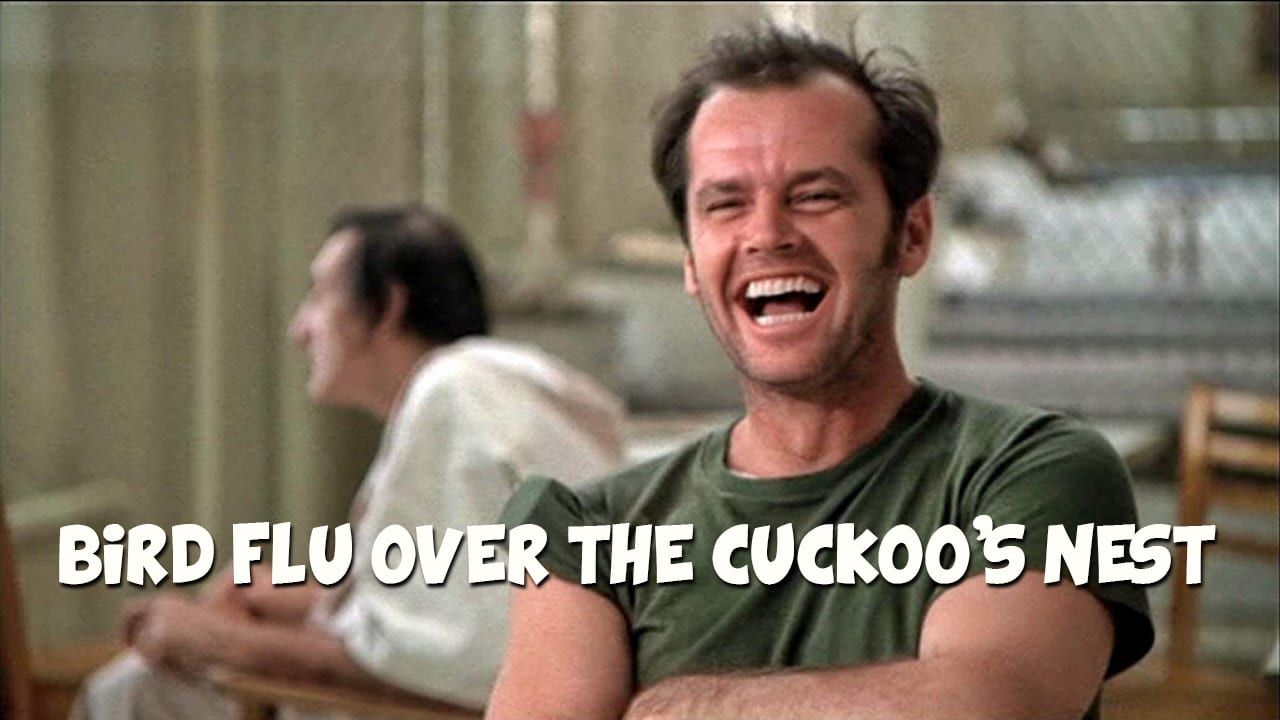

Total Work (Chrono-Politics, Part 1)
One consequence of viewing the human under the type of the Worker is that education ceases to be cultivation and development (bildung) and becomes merely training.
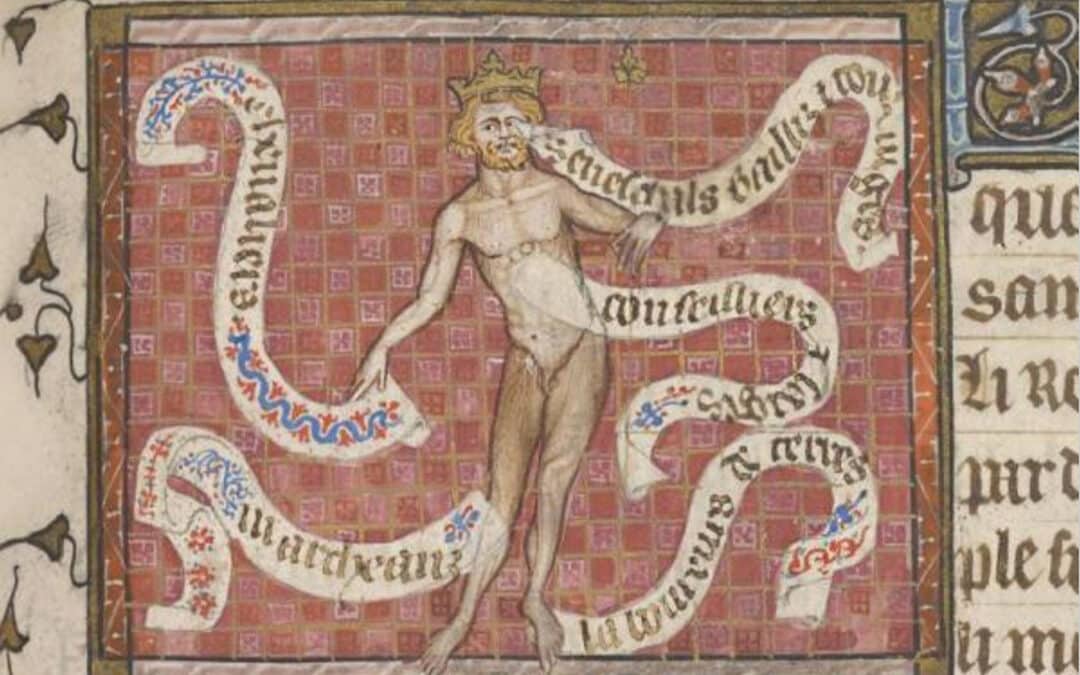
The Folly of Politics Without Communion
A political community cannot function without things in common and a shared civic faith.
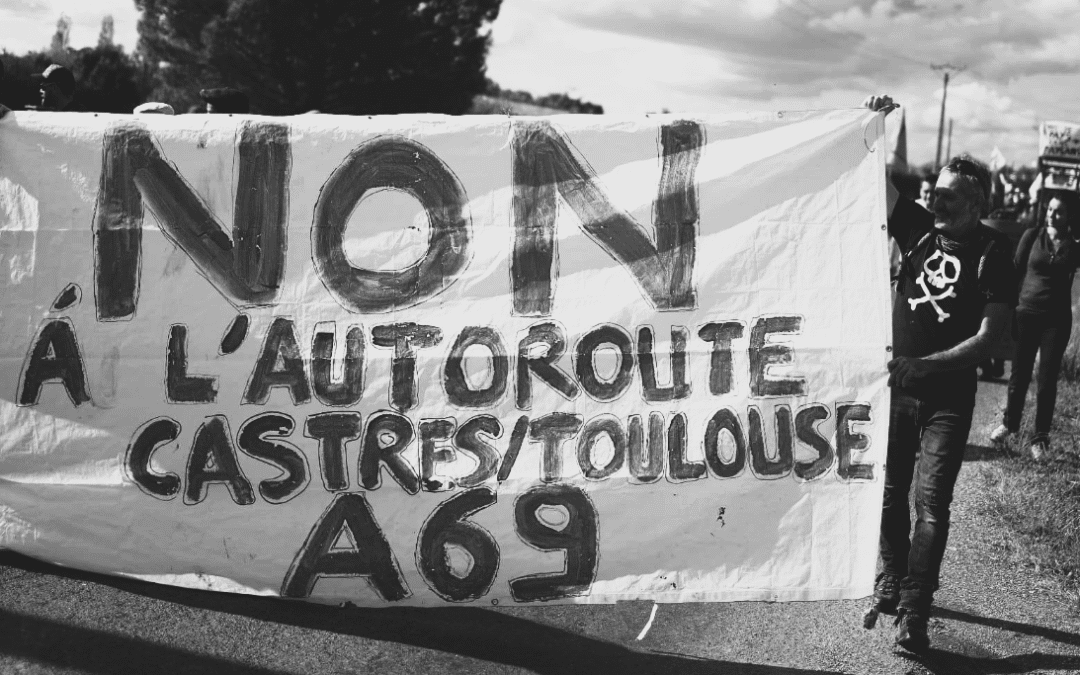
Escaping the industrial nightmare
“Only libertarian principles have the capacity to get humanity out of the dead end in which it has gone astray: refusal of authority; rejection of all domination and exploitation; free association of producers; mutual aid and co-operation, federalism…”
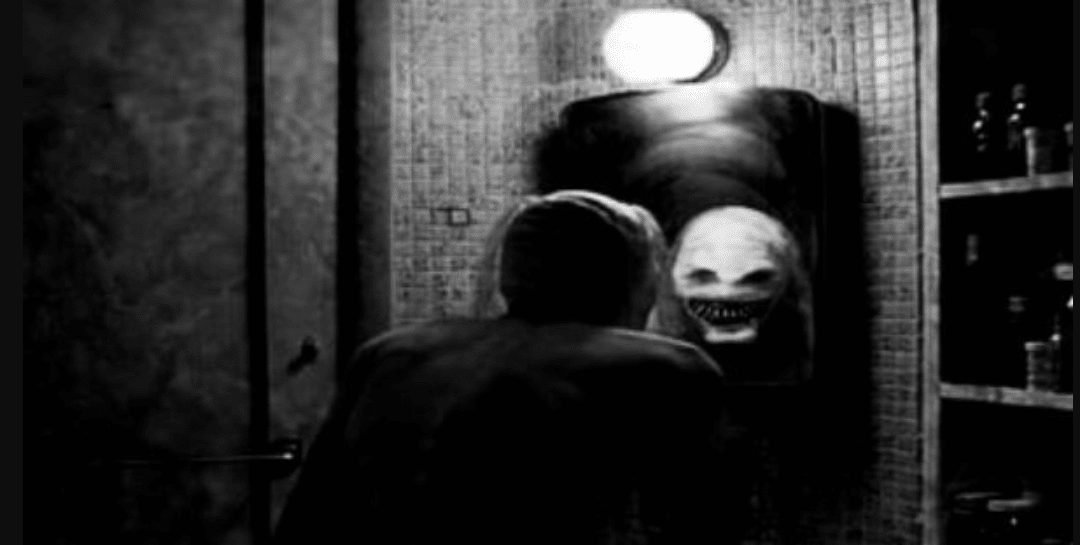
The military-industrial guilt complex
In the grimy and distorting mirror of their own guilty consciences, those of us who seek to discover and share the truth in the interests of freedom and humanity are therefore depicted as spreading “misinformation” and being motivated by “hate”.
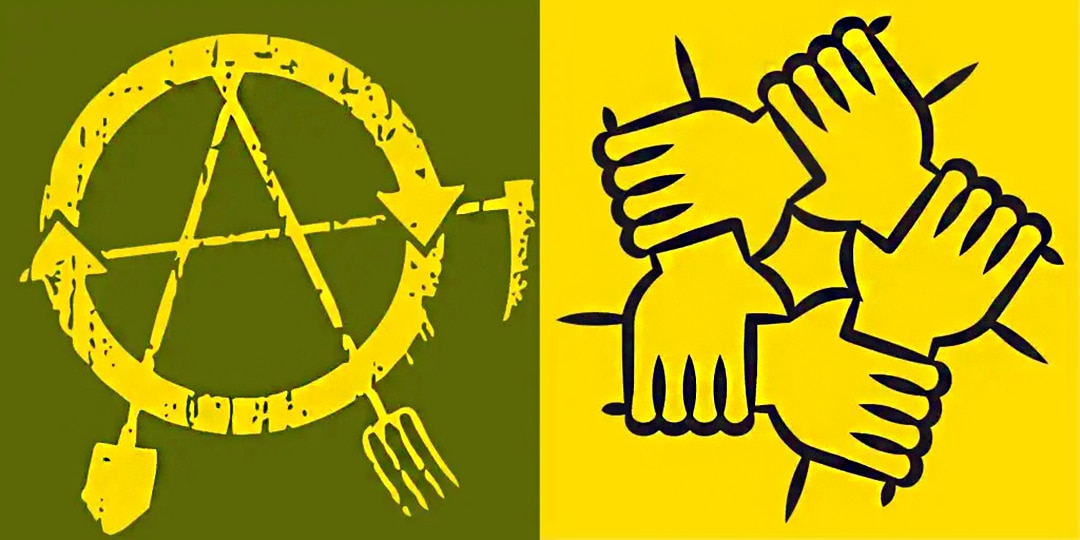
Prefigurative action
In part, resistance is about flying under the radar of the authorities. It’s about starting to build the new world we want to see inside the shell of the increasingly dystopian one we’re currently forced to endure.
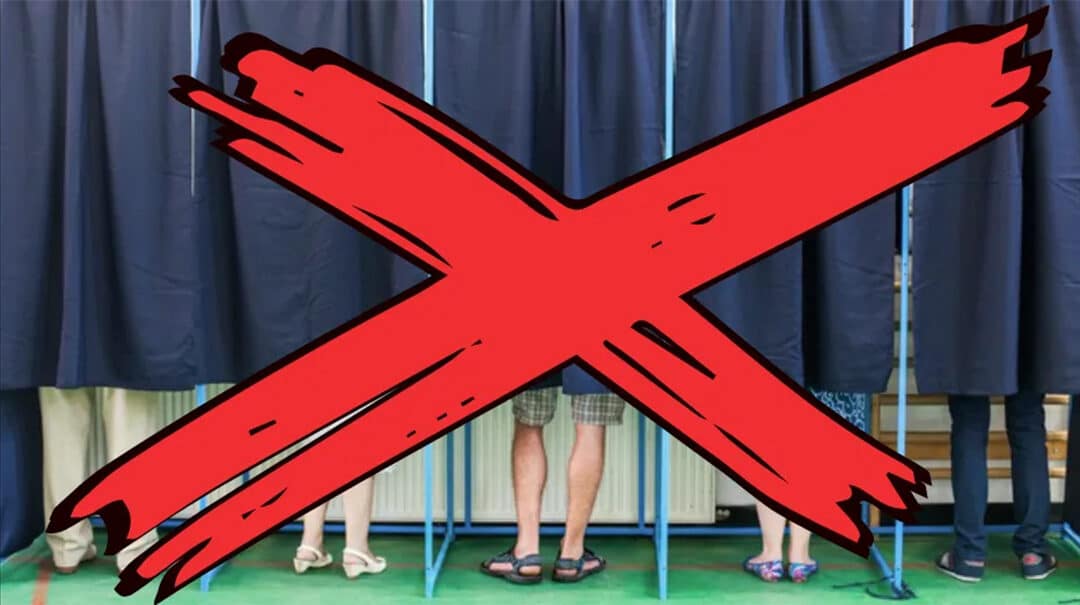
Voting is Evil
Voting is not a ‘right’, but a profound wrong, bestowing the same fake and calamitous ‘legitimacy’ on unscrupulous parasites as the so-called ‘divine right’ of kings. Voting violates Natural Law and everything humane. It is an act of evil.
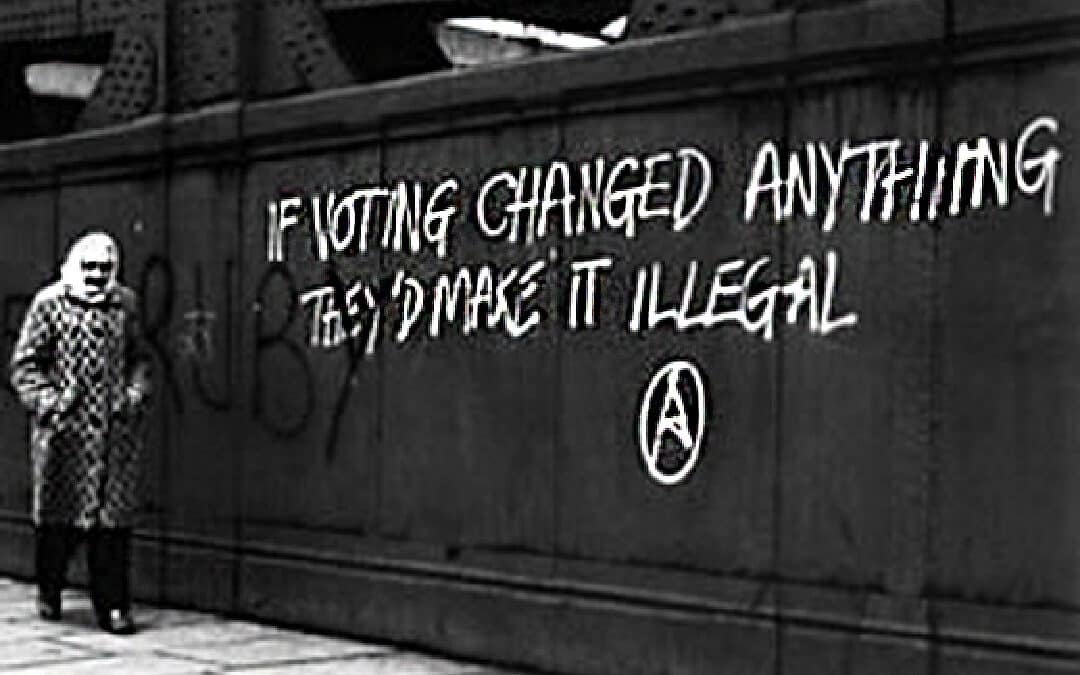
Electoral fraud: the illusion of democracy
Real democracy would involve the localisation of decision-making, the end of global corporate imperialism and the restoration to communities everywhere of the right to shape their own destinies.
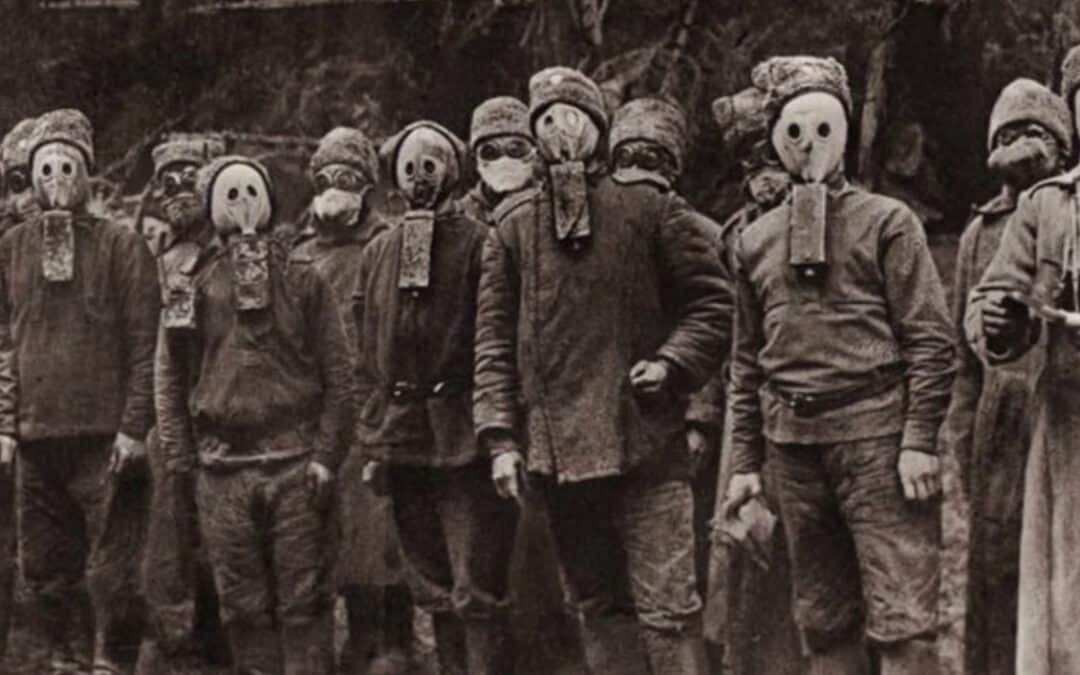
Wars, resets and the global criminocracy
After both world wars, the idea of a “post-war” reality, to which people had to adapt, was used to ramp up industrialism and modernity, destroying traditional agriculture and communities and declaring old ways of thinking and living as being unsuited to the brave new normal.
